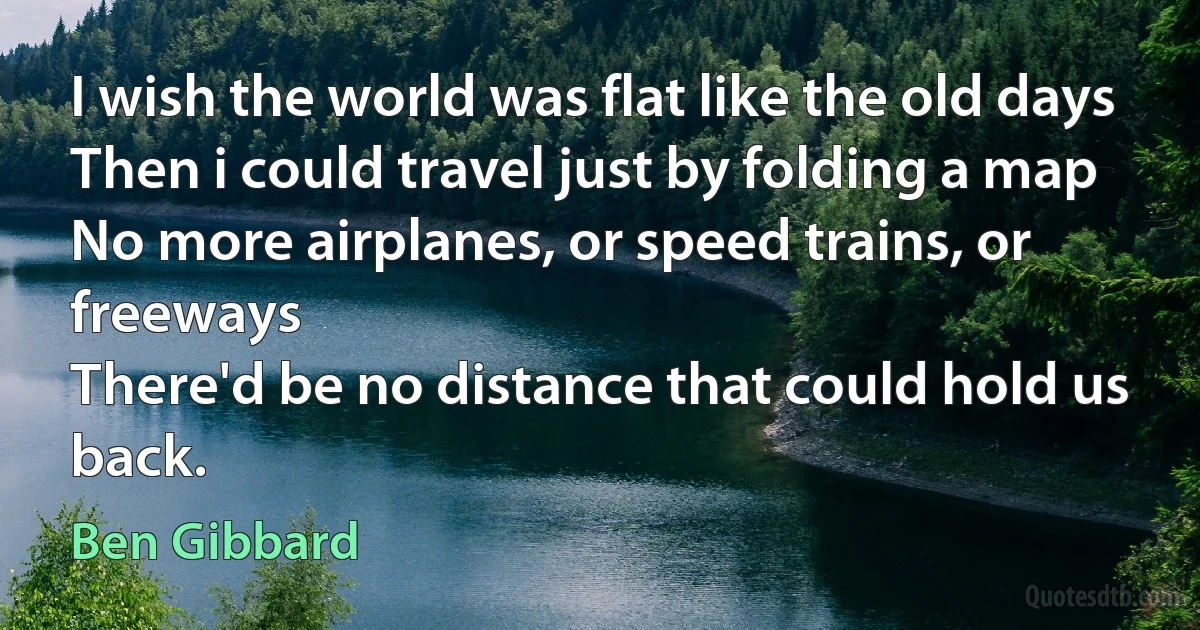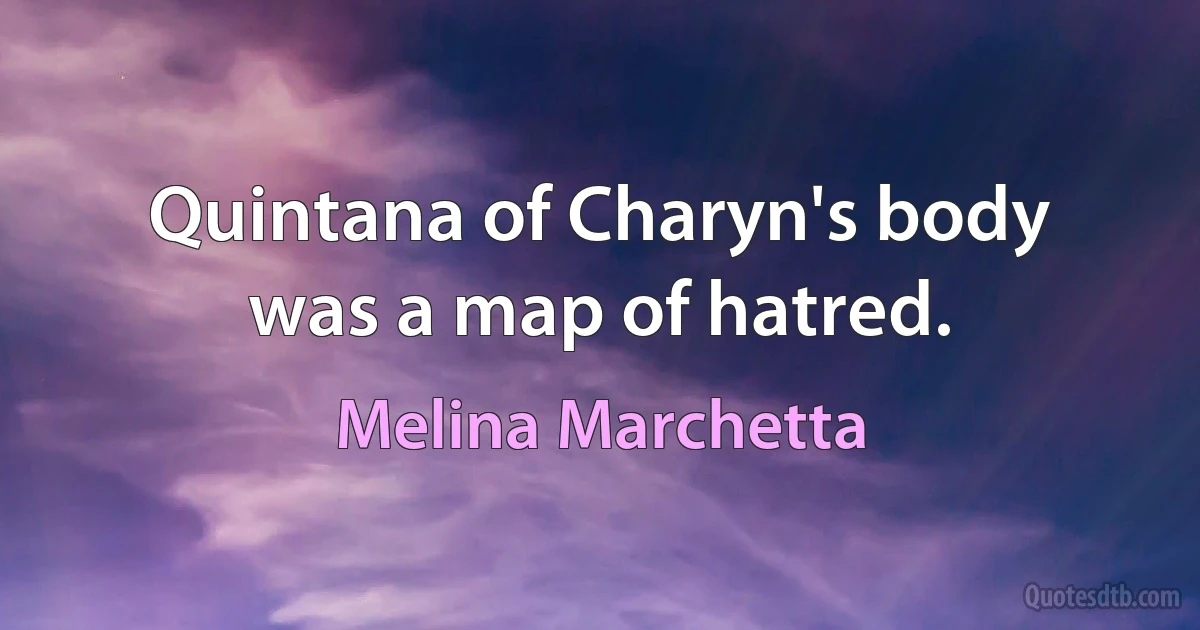Map Quotes - page 8
Socialism means power, power, and more power. Thoughts and schemes are nothing without power. The path to power has already been mapped: the valuable elements of German labor in union with the best representatives of the Old Prussian state idea, both groups determined to build a strictly socialist state to democratize our nation in the Prussian manner; both forged into a unit by the same sense of duty, by the awareness of a great obligation, by the will to obey in order to rule, to die in order to win, by the strength to make immense sacrifices in order to accomplish what we were born for, what we are, what could not be without us.

Oswald Spengler
But ignorance exists in the map, not in the territory. If I am ignorant about a phenomenon, that is a fact about my own state of mind, not a fact about the phenomenon itself. A phenomenon can seem mysterious to some particular person. There are no phenomena which are mysterious of themselves. To worship a phenomenon because it seems so wonderfully mysterious, is to worship your own ignorance.

Eliezer Yudkowsky
Israel is surrounded by neighbors that have waged repeated wars against it. Israel's citizens have been killed by rockets fired at their houses and suicide bombs on their buses. Israel's children come of age knowing that throughout the region, other children are taught to hate them. Israel, a small country of less than eight million people, looks out at a world where leaders of much larger nations threaten to wipe it off of the map. The Jewish people carry the burden of centuries of exile, and persecution, and the fresh memory of knowing that six million people were killed simply because of who they are.

Barack Obama
Everywhere soldiering entails the same busily empty monotony; hour after hour is mapped out in accordance with inflexible, antediluvian regulations, and even one's leisure does not seem to offer much in the way of variety. In the officers' mess the same faces, the same conversation; at the cafe the same games of cards and billiards.

Stefan Zweig
We like to picture to ourselves the field of law as accurately mapped and plotted. We draw our little lines, and they are hardly down before we blur them. As in time and space, so here. Divisions are working hypotheses, adopted for convenience. ... So also the duty of a judge becomes itself a question of degree, and he is a useful judge or a poor one as he estimates the measure accurately or loosely. He must balance all his ingredients, his philosophy, his logic, his analogies, his history, his customs, his sense of right, and all the rest, and adding a little here and taking out a little there, must determine, as wisely as he can, which weight shall tip the scales.

Benjamin N. Cardozo
Go to hell, gringos! Go home!...What does the empire want? Condoleezza said it. How are you? You've forgotten me, missy...Condoleezza said it clearly, it's about creating a new geopolitical map in the Middle East...They took out Saddam Hussein and they hung him, for better or worse. It's not up to me to judge any government, but that gentleman was the president of that country.

Hugo Chávez
In that Empire, the Art of Cartography attained such Perfection that the map of a single Province occupied the entirety of a City, and the map of the Empire, the entirety of a Province. In time, those Unconscionable Maps no longer satisfied, and the Cartographers Guilds struck a Map of the Empire whose size was that of the Empire, and which coincided point for point with it. The following Generations, who were not so fond of the Study of Cartography as their Forebears had been, saw that that vast Map was Useless, and not without some Pitilessness was it, that they delivered it up to the Inclemencies of Sun and Winters. In the Deserts of the West, still today, there are Tattered Ruins of that Map, inhabited by Animals and Beggars; in all the Land there is no other Relic of the Disciplines of Geography.

Jorge Luis Borges
Coleridge observes that all men are born Aristotelians or Platonists. The latter feel that classes, orders, and genres are realities; the former, that they are generalizations. For the latter, language is nothing but an approximative set of symbols; for the former, it is the map of the universe. The Platonist knows that the universe is somehow a cosmos, an order; that order, for the Aristotelian, can be an error or a fiction of our partial knowledge. Across the latitudes and the epochs, the two immortal antagonists change their name and language: one is Parmenides, Plato, Spinoza, Kant, Francis Bradley; the other, Heraclitus, Aristotle, Locke, Hume, William James.

Jorge Luis Borges
Boss: You forgot to assign the result of your map!Hacker: Dang, I'm always forgetting my assignations...Boss: And what's that 'goto' doing there?!?Hacker: Er, I guess my finger slipped when I was typing 'getservbyport'...Boss: Ah well, accidents will happen. Maybe we should have picked APL.

Larry Wall
And remember, also," added the Princess of Sweet Rhyme, "that many places you would like to see are just off the map and many things you want to know are just out of sight or a little beyond your reach. But someday you'll reach them all, for what you learn today, for no reason at all, will help you discover all the wonderful secrets of tomorrow.

Norton Juster
Paradoxically one of the greatest advantages of mind maps is that they are seldom needed again. The very act of constructing a map is itself so effective in fixing ideas in memory that very often a whole map can recalled without going back to it at all. A mind map is so strongly visual and uses so many of the natural functions of memory that frequently it can be simply read off in the mind's eye.

Peter Russell



